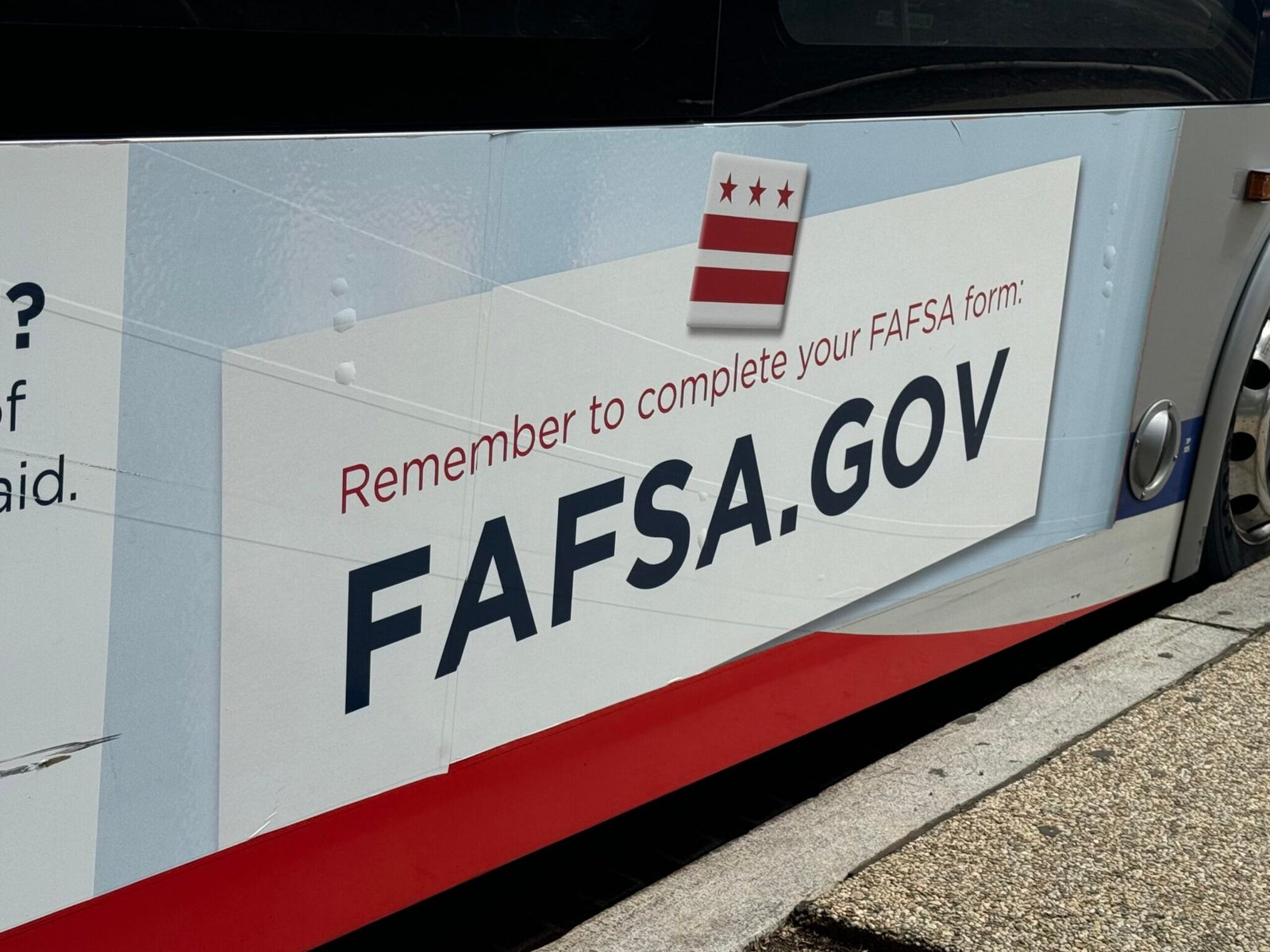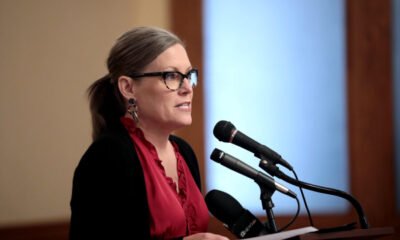Bill Cassidy
U.S. House Advances Bill to Accelerate FAFSA Release Date

WASHINGTON — A significant legislative measure ensuring that the federal student aid form will open by October 1 each year has cleared the U.S. House with robust bipartisan support, passing with a vote of 381-1 on Friday.
This action follows criticism faced by the U.S. Department of Education regarding the problematic rollout of the 2024-25 Free Application for Federal Student Aid (FAFSA). The bill, opposed only by California Democratic Rep. Zoe Lofgren, aims to provide a standardized timeline for accessibility.
Despite reforms made under the FAFSA Simplification Act of 2020, the application process has encountered numerous glitches and errors since its soft launch in December. These issues have caused processing delays and complications in submissions, particularly for parents without Social Security numbers.
In an effort to rectify these problems, the department announced plans to implement a phased rollout of the 2025-26 FAFSA form, delaying its public availability by two months to mitigate potential errors.
James Kvaal, U.S. Under Secretary of Education, reported that three successful beta tests of the new FAFSA form have been conducted, assuring readiness for the broader student population by December 1. Over 10,000 students have already successfully completed the application, demonstrating that the system is functioning as intended.
Kvaal emphasized the department’s commitment to launching the 2026-27 FAFSA on October 1, 2025, equipped with a fully operational system. Although the Department of Education is legally permitted until January 1 to launch the form, the tradition of October 1 has been maintained.
Rep. Erin Houchin, an Indiana Republican, introduced the bill in July, expressing frustration over the Department of Education’s delays in simplifying the FAFSA process despite a three-year timeframe. Houchin highlighted troubling statistics from the Government Accountability Office, noting that in the initial rollout, nearly 75% of calls to the department’s call center went unanswered.
Similarly, Rep. Bobby Scott, the ranking member of the House education panel, voiced his support for the measure during the debate. He underscored its potential to ensure more students have timely access to critical information regarding Pell Grants and other student aid. Scott initially had reservations about the bill’s implications for an incomplete rollout, but he later expressed confidence in the timing.
In the Senate, a companion bill was introduced by U.S. Sen. Bill Cassidy of Louisiana, who serves as the ranking member of the U.S. Senate Committee on Health, Education, Labor, and Pensions. With renewed Republican leadership following the recent elections, Cassidy is positioned to chair the committee next year.
Last updated 10:10 a.m., Nov. 18, 2024


















